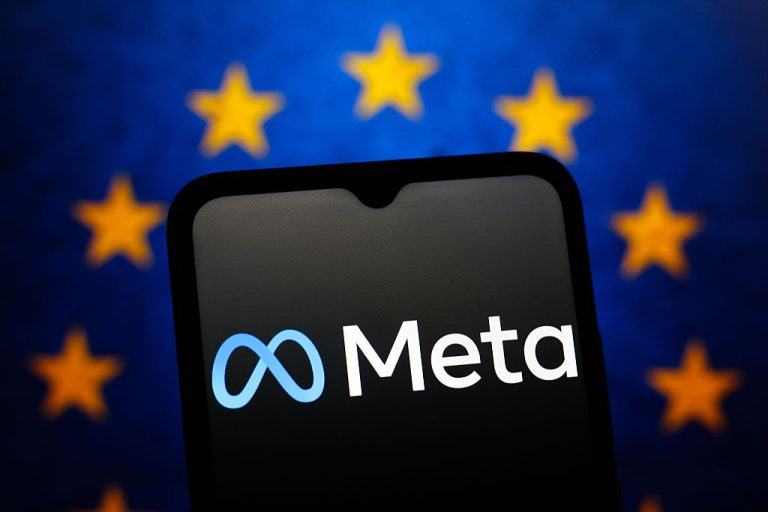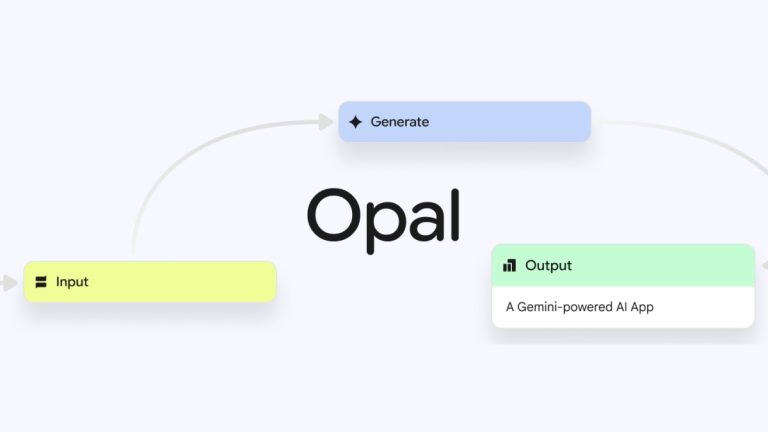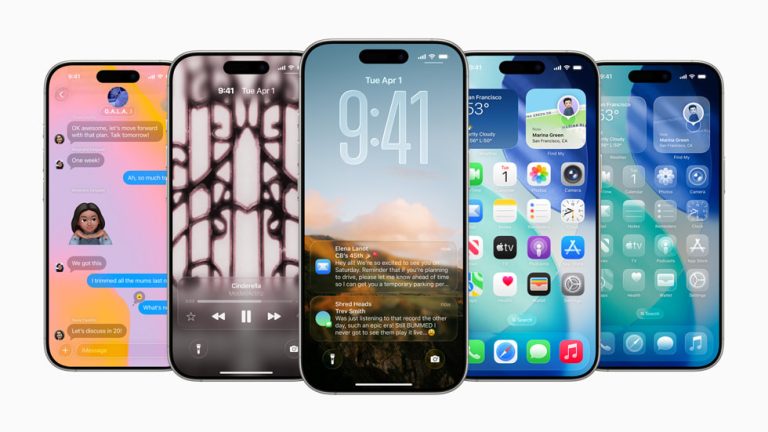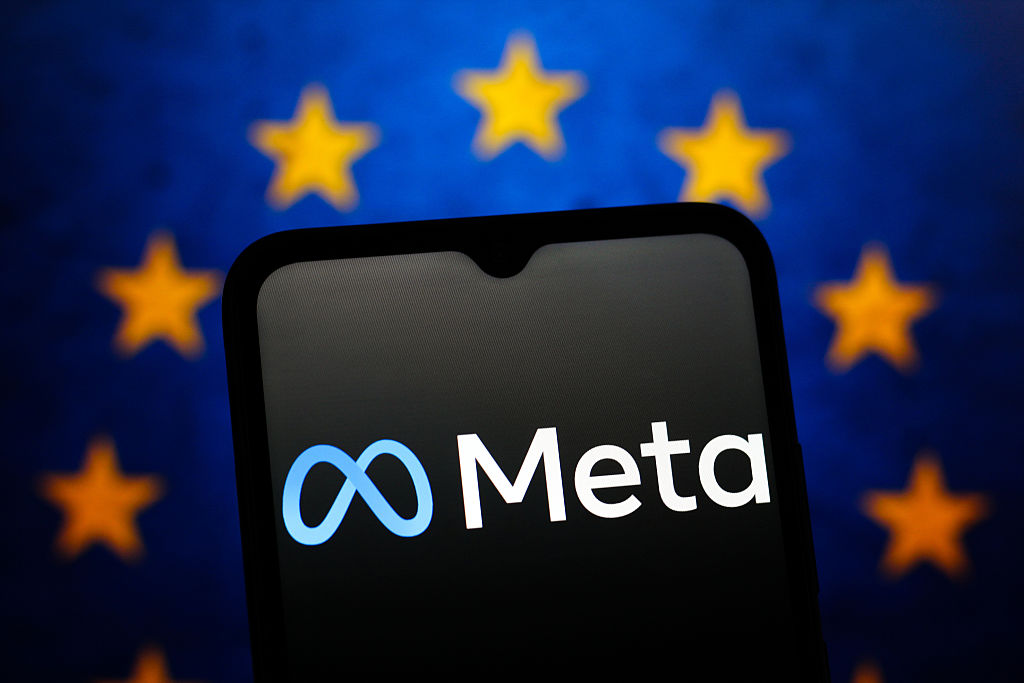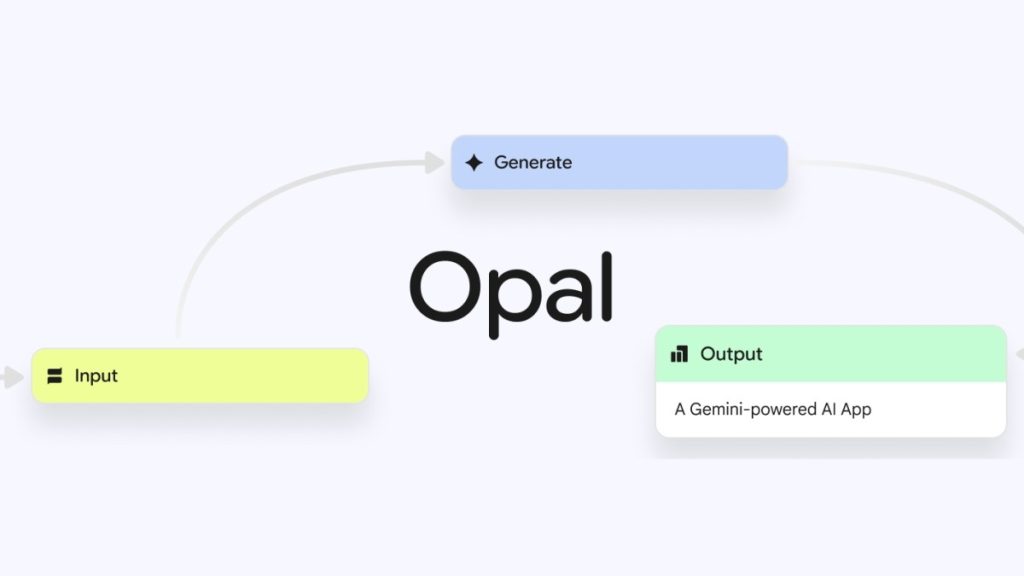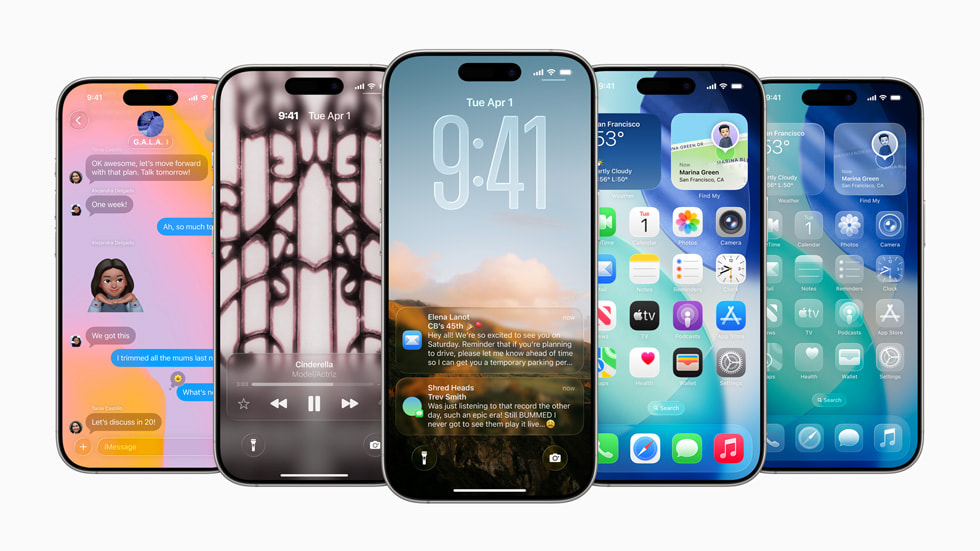Google has unveiled three innovative AI-powered tools designed to revolutionize language learning by offering personalized, context-aware experiences. These experiments, powered by the company’s Gemini multimodal language model, aim to address common challenges faced by learners while positioning Google as a potential competitor to platforms like Duolingo.

Scenario-Specific Learning with Tiny Lesson
The first tool, called “Tiny Lesson,” tackles situational language needs by generating customized vocabulary and phrases. Users can input real-life scenarios like “negotiating a taxi fare” or “ordering special dietary meals” to receive relevant expressions and grammatical guidance. The system provides interactive dialogues with response suggestions, helping learners navigate specific interactions confidently.

Mastering Colloquial Speech Through Slang Hang
Moving beyond textbook language, the “Slang Hang” experiment immerses users in authentic conversations between native speakers. The tool generates dynamic dialogues across various social contexts, from casual market haggling to emotional reunions. Interactive hover definitions explain colloquial terms and cultural nuances, though Google advises verifying unfamiliar slang with additional sources due to occasional AI-generated inaccuracies.

Augmented Reality Vocabulary with Word Cam
The “Word Cam” feature leverages smartphone cameras to create immersive learning experiences. By scanning their environment, users receive real-time object labels in their target language along with descriptive vocabulary expansions. This contextual approach helps bridge knowledge gaps – revealing terms for specific items like “venetian blinds” versus general “window” terminology.
Language Support and Availability
Currently supporting 16 major languages across multiple regional variants, these experimental tools are accessible through Google Labs. The collection includes:
- Arabic
- Chinese (Multiple variants)
- English (Global dialects)
- French (European and Canadian)
- German, Greek, Hebrew, Hindi
- Italian, Japanese, Korean
- Portuguese (Brazilian and European)
- Russian, Spanish (Multiple variants)
- Turkish
While still in early development, these AI-driven tools demonstrate Google’s vision for adaptive language learning that responds to individual needs and real-world contexts. The experiments combine conversational practice, cultural immersion, and environmental interaction to create a more natural acquisition process compared to traditional methods.


